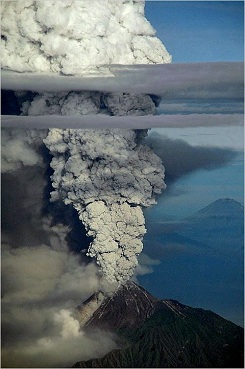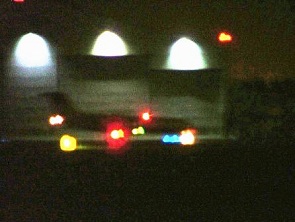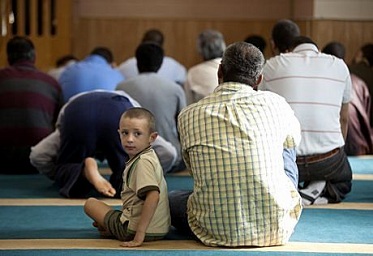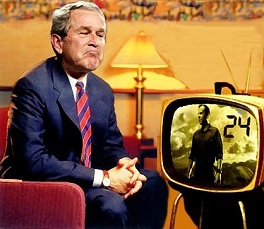Indonesia, a democracy full stop
Wendy Kristianasen
Le Monde Diplomatique
Indonesia’s disasters – October’s tsunami and eruption, the killing of suspected terrorists in Sumatra – get more media attention than its democratic elections. Yet these marked the direct re-election of the president last year and a cautious step away from Islamising agendas, re-affirming the country’s historic balance of secularism with Islam.
The compromise almost didn’t happen. Just seven words in the preamble to the Indonesian constitution would have made Indonesia an Islamic state: “Muslims are bound to follow Islamic law”. They were withdrawn at the very last moment, on 18 August 1945. And Indonesia became the Pancasila state, based on five principles – belief in one God, humanitarianism, national unity, representative democracy, social justice – a historic compromise between secularism and Islam.
“Indonesia is the seat of a moderate, smiling Islam,” said Shafi Anwar, director of the International Centre for Islam and Pluralism. “But with 9/11, the spread of radicalisation and conservatism, and the 2002 Bali bombings, suddenly we were frowned upon. My purpose is to convey the message that democracy is compatible with Islam.”
The country’s democratic opening began in 1998 after two long periods of authoritarian rule, first under Sukarno, the founding president (1945-1967) who juggled the three great forces: nationalism, Islam and communism (Indonesia then had the world’s third biggest communist party). Then under Suharto (1967-1998) who seized power on the pretext of a communist threat. Half a million or more died (1) and the country remains traumatised by these events.
Indonesia is now the world’s third biggest democracy. “That’s something the West always overlooks,” said Anies Baswedan, rector of Jakarta’s Paramadina University. “They always refer to us as the world’s biggest Muslim population. We say we are a democracy full stop. We have a free press, a dynamic political process, a vibrant civil society. Yes, there is corruption, there always was, but now there’s transparency and it gets reported. The economy is resilient in this current world crisis, compared with that of our neighbours and with what is was 10 years ago.” The Asian financial crisis of the late 1990s hit Indonesia hard. “And yes, we have our Islamists and fundamentalists, but they have mostly been absorbed into the political process.”




























